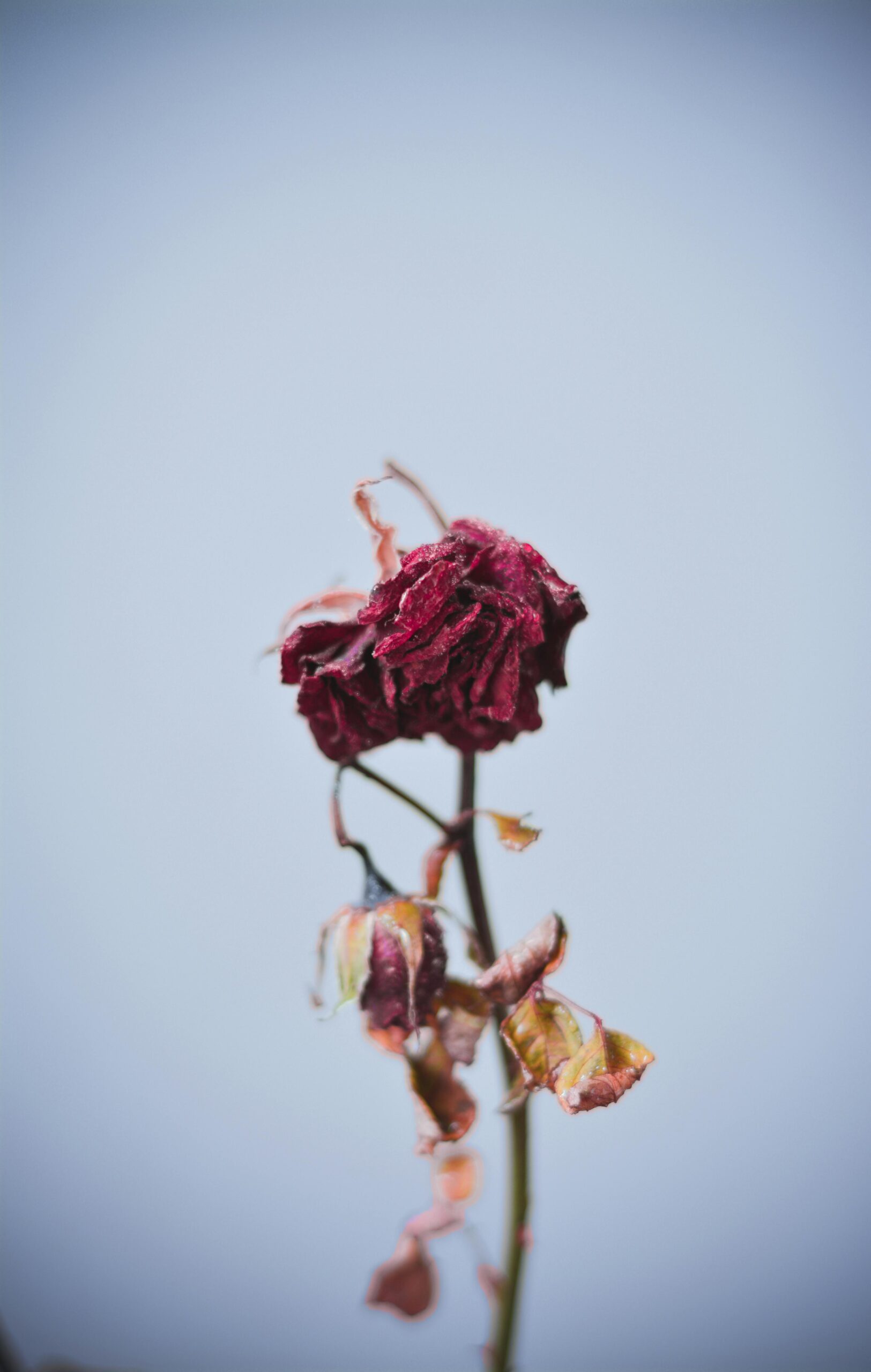Everyone loves flowers. They brighten our day. They remind us of the beauty of life, and they are ephemeral, a memento mori of sorts to reflect upon our own mortality. But in the past half-century, the presence of flowers has moved from local to global markets, from incidentals to financialized big business, and have created dependency for millions of workers worldwide. In this non-linear process of scaling, accountability mechanisms have also grown thinner, with cut flowers increasing their shelf-life but losing their smell, and a whole lot more. In the process of industrializing the flower trade, what once was a chain of amplifying beauty and life force became a commodity chain instrumentalizing it, harming the ecologies and people along its pathway.
Phytosanitary standards, for instance, meant to protect countries from potential pest outbreaks, have the knock-on consequence of creating high requirements of toxins sprayed, harming the health of all, but especially those most vulnerable. In Bollenstreek, for example, flower bulb farmers, their families, and communities, have been found to have excessive Parkinson’s Disease incidence. But the same occurs in other flower growing communities, both in the Netherlands and in other countries, such as Colombia, even if the direct effects on these communities have had less funding for research.
The post-WWII pesticide treadmill can be hard to break once farmers become convinced that there is no other way to grow flowers without them. But the flowers know better. And if we want to have life, we had better listen.
Please join us in conversation with Dr. Lina Paola Garzón Garzón and Ing. Margriet Mantingh (with Carolina Sanchez de Jaeger as Moderator) on 9 April 2025 at Utrecht University in their Tackling gender inequality and sustainability in agribusiness Pathways to Sustainability project for this talk.
17:00-19:00 in Drift 25-102
For more information: https://www.uu.nl/en/events/exporting-suffering-the-flower-industry-at-home-and-abroad
To Register: https://forms.uu.nl/universiteitutrecht-geo/flowerindustry-april9
